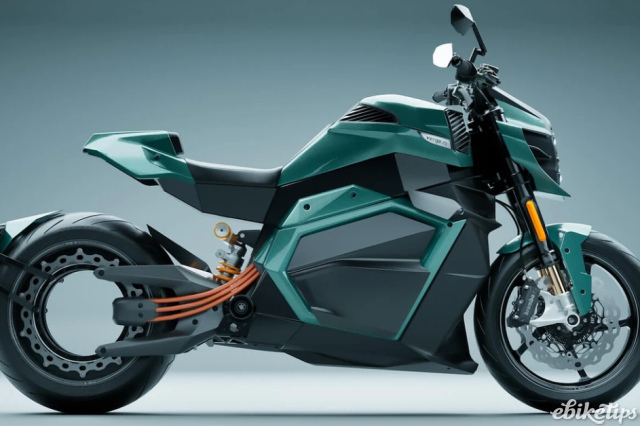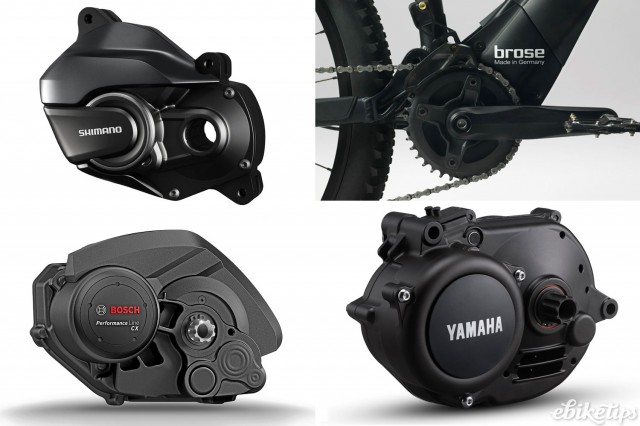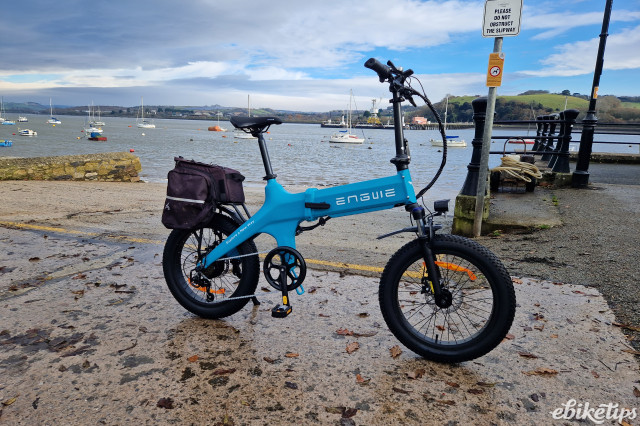New York city and state officials announced on Sunday that $25m in federal funding (i.e. money from central government) had been allotted for 173 electric bike charging and battery storage stations at 53 sites across the city. The announcement comes in the wake of a series of lithium-ion battery fires in New York with CBS News reporting that there have been 110 e-bike battery-related fires in the city this year, resulting in the deaths of 13 people.
Why is this happening?
It appears that the bulk of the federal cash will be spent on providing charging locations for e-bikes and e-bike batteries to be installed outside New York City Housing Authority complexes (note a ban on taking e-bikes into public housing had previously been proposed). The outside element is one obvious way of attempting to minimise the risk of charging fires that have occured inside peoples homes but it's a novel approach to a problem that has been getting a lot of media attention in the US.
Use of the cheapest e-bikes and e-scooters - and similarly cheap chargers, batteries and retrofit kits - is associated with the many delivery workers (often food delivery workers) who are among the lowest paid workers in New York City and often live in public housing. The temptation for them to opt for the cheapest possible micromobility products is obvious. As ebiketips highlighted in this article, it's precisely these products at the bottom end of the market that are likely to pose the greatest fire risk.
The new measure had a high profile launch from New York Mayor Eric Adams and Senator Chuck Schumer this weekend.
"The fed-funded NYCHA project is going to reduce and even eliminate potential fire hazards linked to the batteries," said Schumer.
The background
Electric bikes have a controversial history in New York. It was only in 2020 that e-bikes were fully legalised in New York State and the tremendous growth in their use in New York City in particular has given rise to a series of lithium battery fires - some -deadly - over recent years. The laws there roughly mirror the three-class system in many other US states:
- Class 1 e-bikes. Pedelecs with a max assisted speed of 20mph
- Class 2 e-bikes. Max assist to 20mph using the throttle only
- Class 3 e-bikes. Can have pedal assist and throttle assist up to 25mph (28 mph is the Class 3 limit in much of the rest of the US).
New York City is also in the unique legal position of being in the process of pushing through a law that will effect a ban on selling non UL-certified e-bikes in the city. UL stands for Underwriters Laboratories and on March 20, 2023, New York City Mayor Eric Adams signed a law with the effect that any company selling, leasing or distributing micromobility devices, such as e-bikes or e-scooters within NYC has until August 29, 2023, to obtain certification from an accredited testing laboratory to UL standards 2849, 2272 and 2271.





